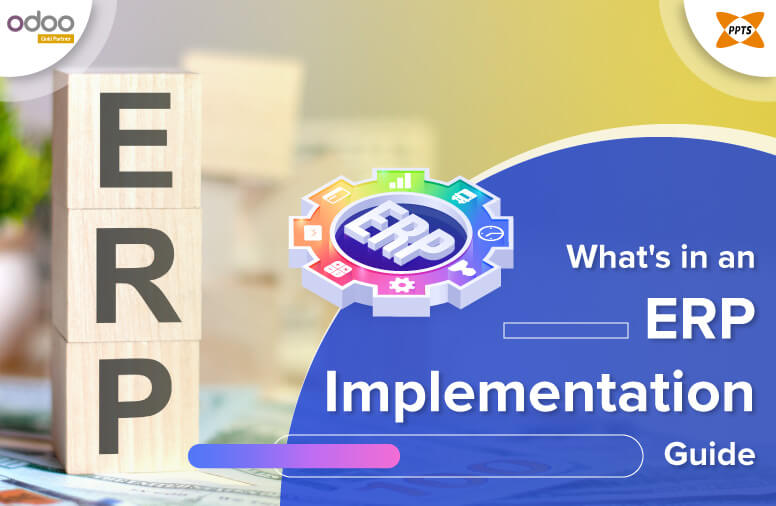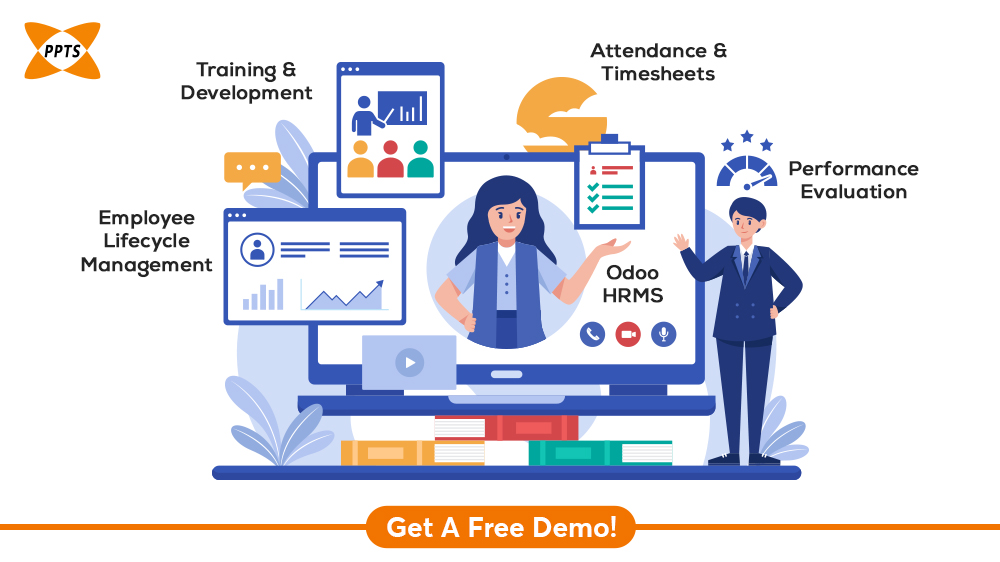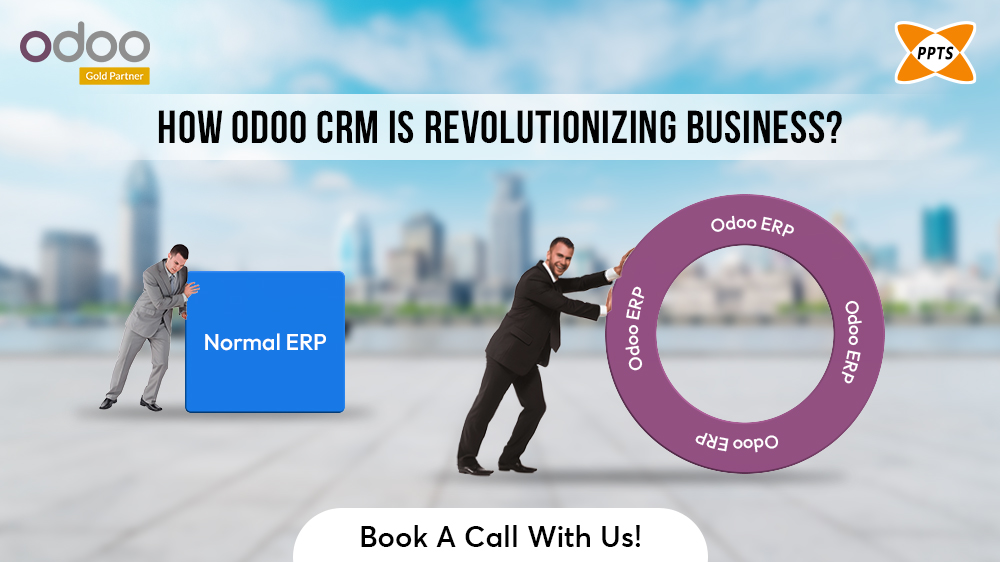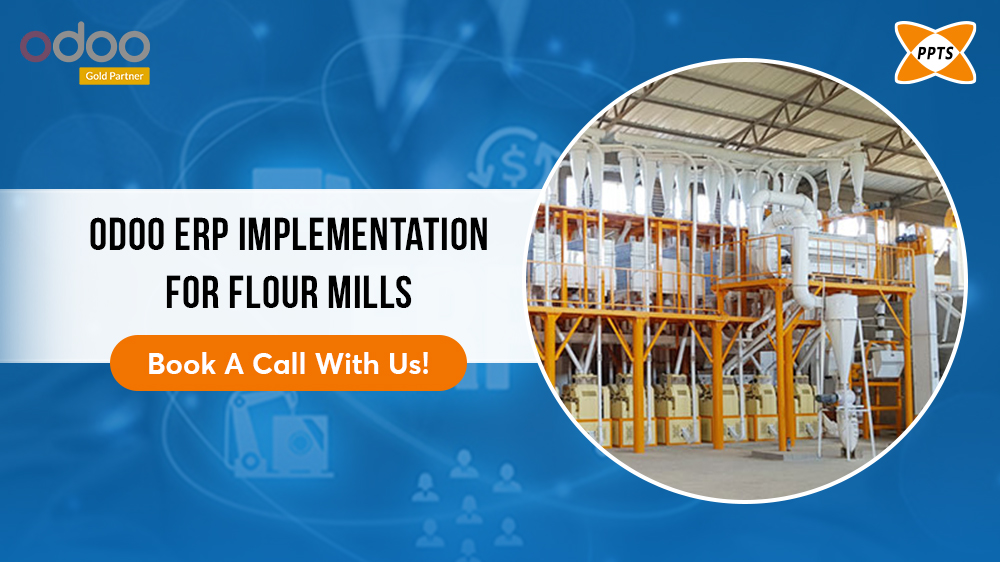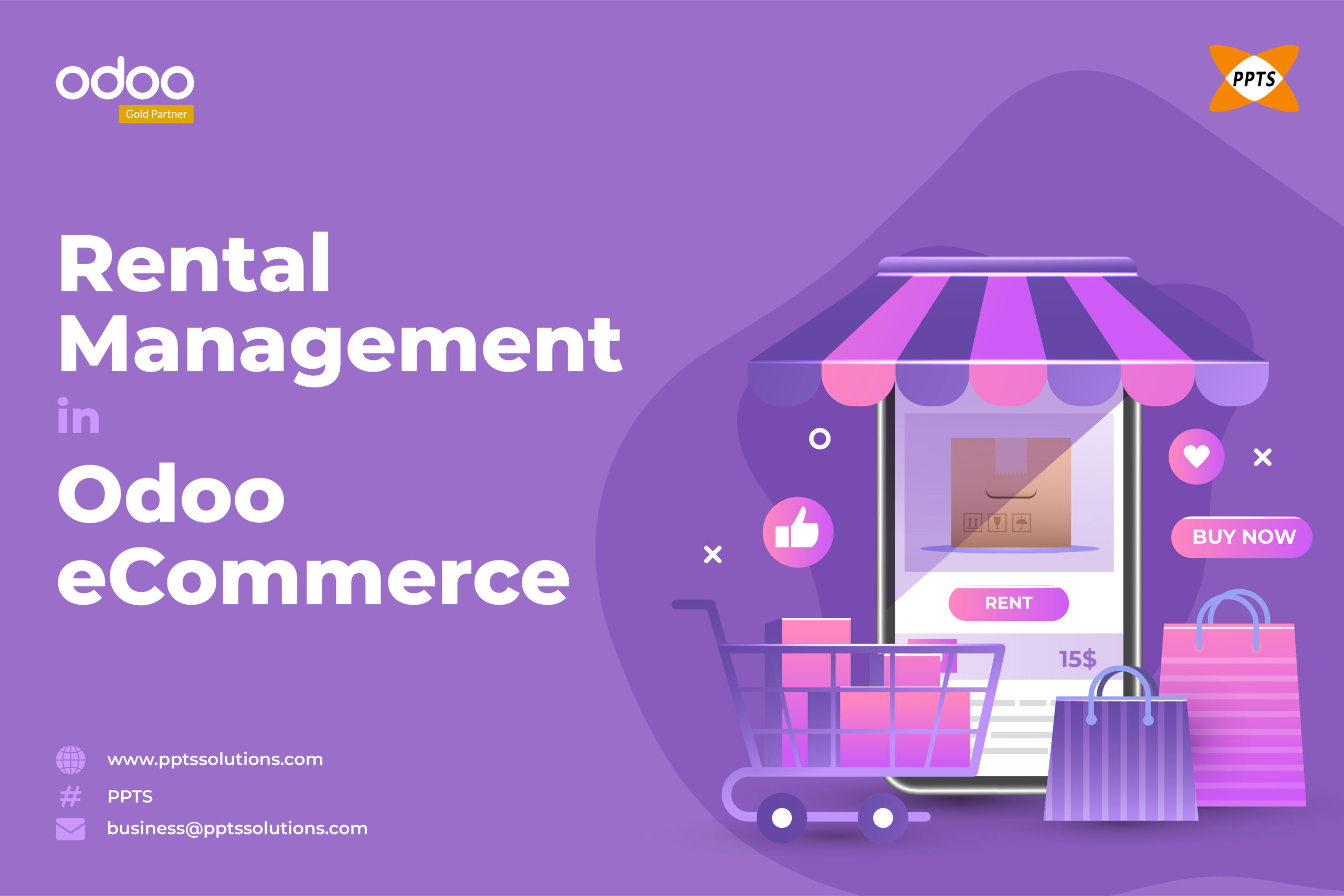Most companies, big or small tend to have hectic operations and workflows which will require them to consider ERP software for their business to run effectively. The prime areas of concentration will include the stocks and inventories that will determine the areas of growth and development. Enterprise resource planning (ERP) solution is essentially the key requirement for almost every business process. These solutions are widely used in almost every organization to plan and properly manage the various manufacturing, financial, as well as other core processes.
So what industries can actually implement an ERP system?
Companies of all different sizes, from a wide array of industries, can implement ERP to their benefit. Here is a breakdown of the entire structure:
Small-Sized Companies
ERP implementations for all small-sized companies and businesses typically settle for a small to narrow focus.
Because these projects tend to typically involve some of the most basic functions of a fully functional ERP system these are considered relatively and so much more light when in terms of all the complex technical configurations, overall specifications and customizations.
Medium-Sized Companies
ERP implementations for any medium-sized company is slightly more complex. The key focus for all of these projects is so much broader and may often include a more in-depth look at all the different integrated ERP features and functionalities such as the CRM, Inventory, Sales, Accounting, Purchase, Manufacturing, basics of HR, entire project management and the entire website.
Large-Sized Companies
For all ERP implementations which are within the category of large-sized enterprises and companies, the thorough business analysis will not only be essential but is very essential for all successful implementations.
Implementations on this big scale usually will include all the primary services of an ERP software and can take more time than often due to the need for such an extensive configuration and the overall customization in order to fully fit the needs of the entire company.
Infact, according to major stats:
The global ERP software market is said to be projected to reach $78.40 billion by the year 2026, which is growing at a CAGR of 10.2% from 2019 towards the year 2026.
What is it that businesses must essentially take into account when deciding to proceed with an ERP implementation software?
ERP Implementation will in all cases, typically follow the following steps:
- Business Analysis
- Configuration/Customization
- Final Testing With The Customer
- Training
- Going Live
- Support / Maintenance
Business Analysis :
In this step, your ERP integrator will help you to find your company’s “Big Picture”. When this step is properly performed for the company, the business analyst should also be able to reveal and help properly detect all the business needs and the related opportunities, potential solutions, and or possible areas of improvement. This step is very important for following all the best practices when aimed at implementing an ERP solution. All the elements that are needed to go into your cloud-based ERP will then be determined here.
Configuration/Customization:
Any modifications that are essentially needed will be made in this stage of the actual implementation and will indefinitely vary based on all the needs of the company. Based on the advanced deployments, data migration and special applications are created here as well.
Final Testing:
After the software is fully modified, the final user testing will begin on the ERP system. This system testing will be put in place to ensure that all the specific business needs, as well as the project requirements, have been met.
Training:
This is the last and more handy step before the actual new system can effectively go live. In order to fully ensure that there is a successful ERP implementation, the organization and its existing users must be well trained on how to navigate as well as to fully operate the software. User training is also often overlooked and can be poorly executed, which will ultimately lead to issues far later down the road.
Going Live:
You will know when it’s time to ideally go live! The ERP software will finally be launched and will be in full usage.
It is essential to keep in mind that there will definitely be several challenges while implementing ERP software. It is of course no light task. The new approach to digitization will involve the transformation of a company’s fully integrated IS system, the business processes as well as the deep introspection of all the organizational needs, its shortcomings and upcoming opportunities.
There are challenges that can also arise that can undermine the efficacy of your newly installed software. Because it tends to impact all of the services of your newly launched business, your ERP integrator must also be very knowledgeable in order to properly guide you through the anticipated change. That is also the matter when it comes to choosing the right integrator. In addition to budgeting concerns these needs should also be taken into account.
This will include preparing, supporting and also helping individuals that come with a new system. While there can be setbacks that occur, it is important that all departments ideally have a similar vision, which is sometimes so much easier said than when actually done.
At PPTS we provide complete support and assistance as Odoo’s Official Gold Partner with dedicated consultants who will be readily available to take your queries and answer your support requests around the clock. We will also provide daily support regarding the use of the Odoo software and for product evolution. For all Odoo integration-related details, check out this.
Have more ideas ? Let us know in comments
-
What is ERP?
An ERP software system is a set of applications for managing a company’s core business processes – including finance and accounting, supply chain, HR, procurement, sales, inventory management.
-
What is the ERP Implementation Process?
The process behind an ERP implementation includes:
Business Analysis
Configuration/Customization
Final Test With The Customer
Training
Going Live
Support / Maintenance -
How long does ERP Implementation take?
The implementation of an ERP solution can take anywhere from 2 to 24 months based on the number of software services and or modules being implemented.
-
How ERP Implementation helps for business growth?
ERP implementation helps with all business processes and areas which include: CRM, Inventory, Sales, Accounting, Purchase, Manufacturing, basics of HR, entire project management, and the entire website.

